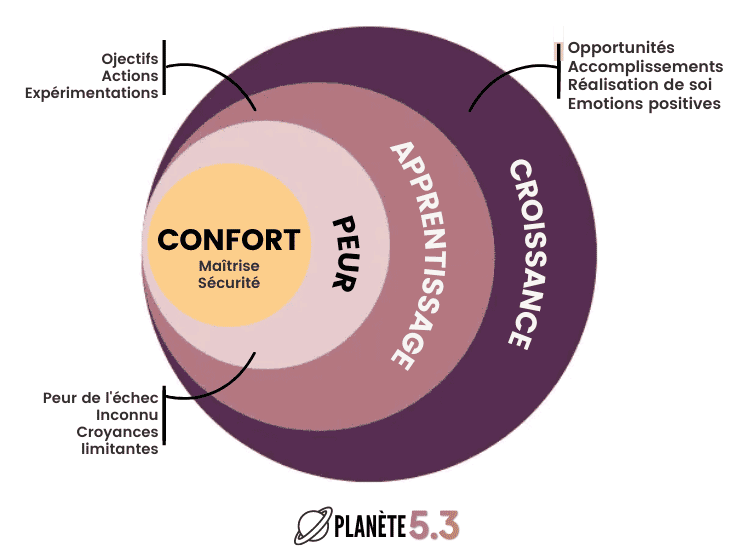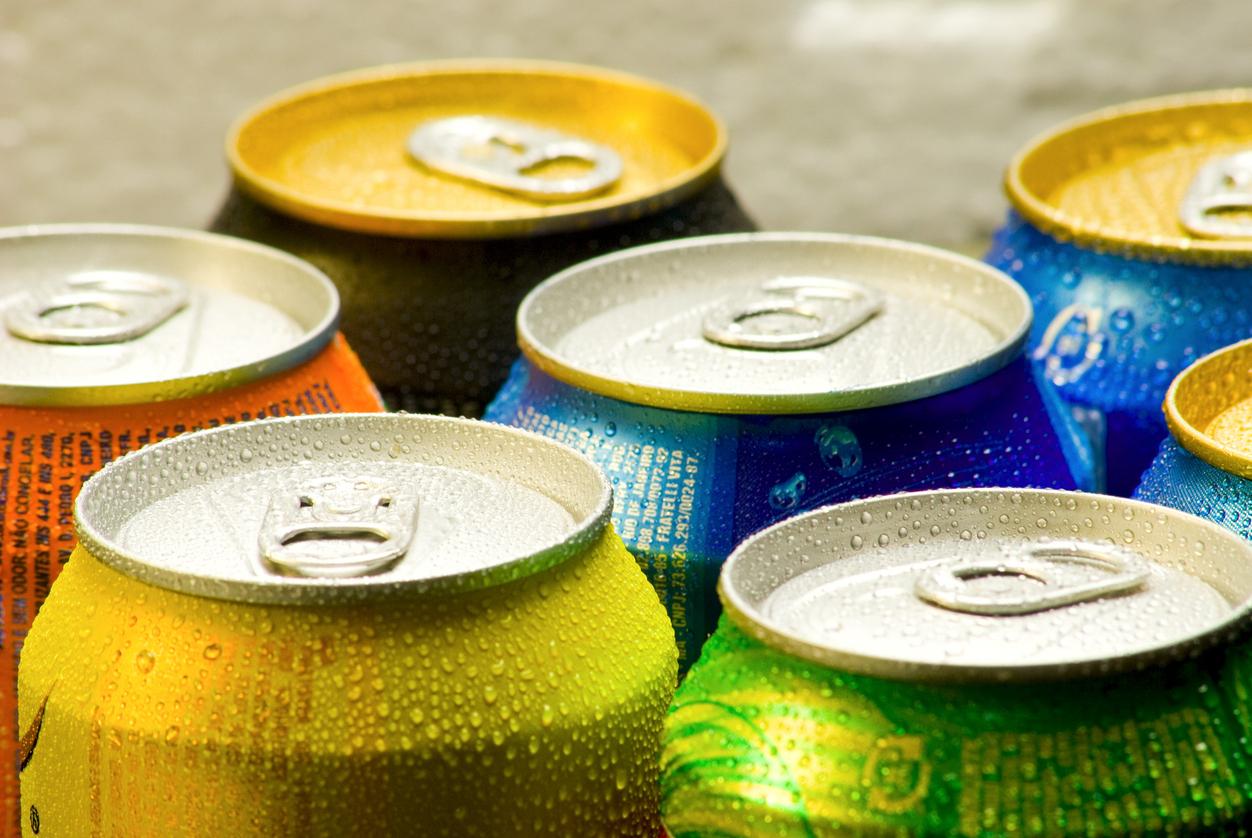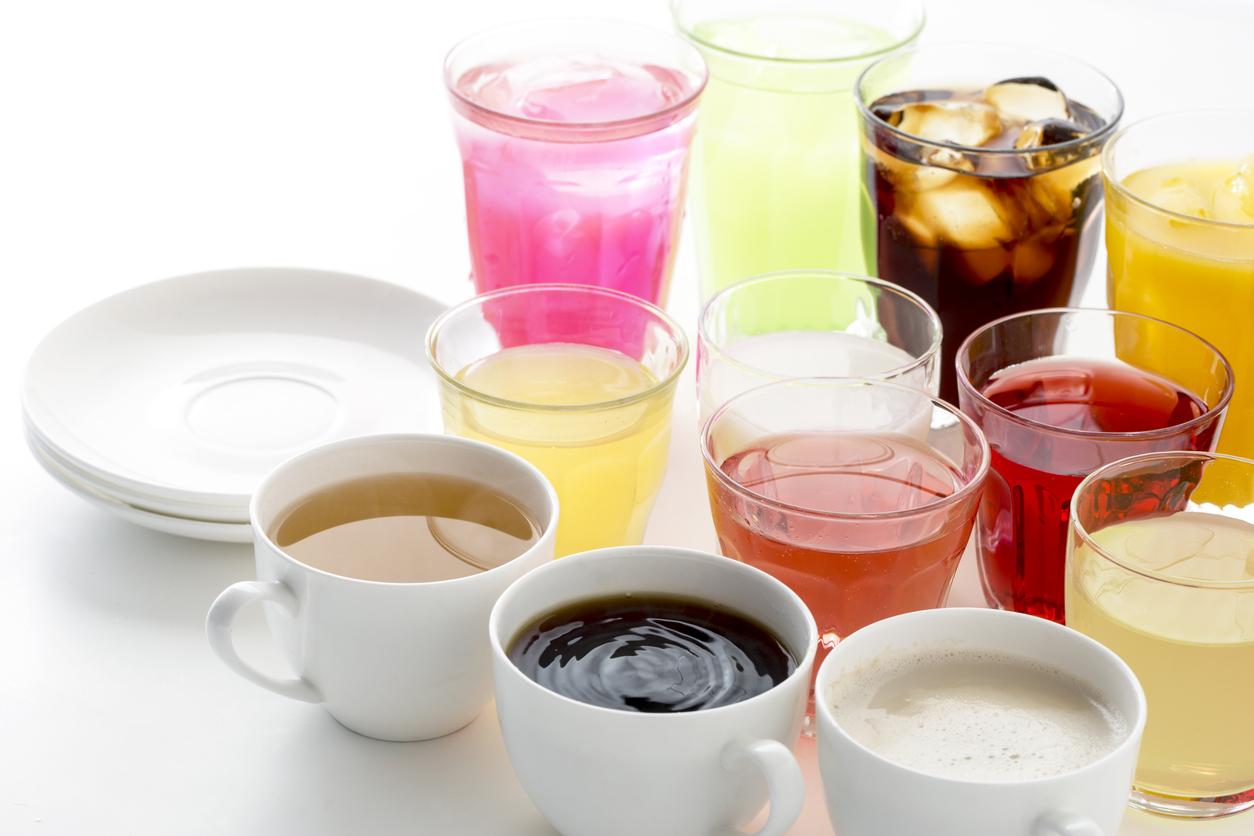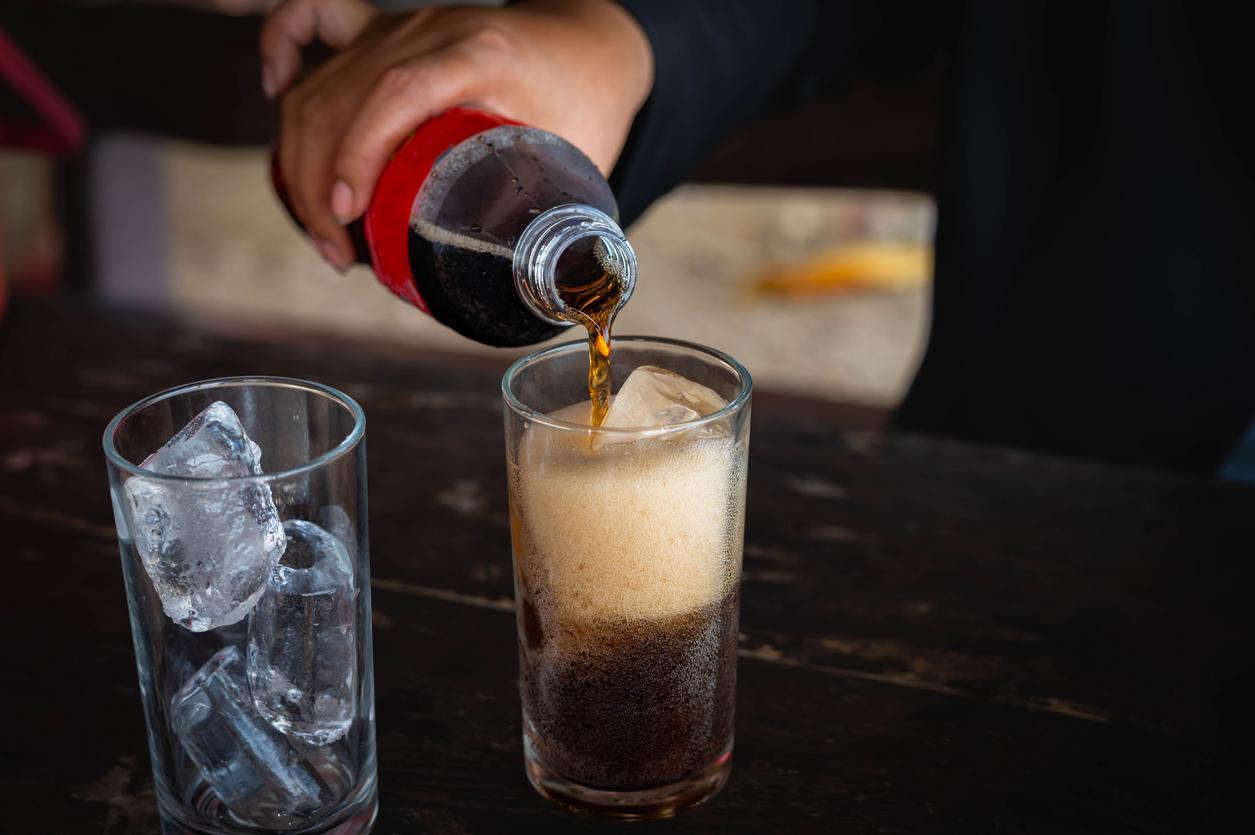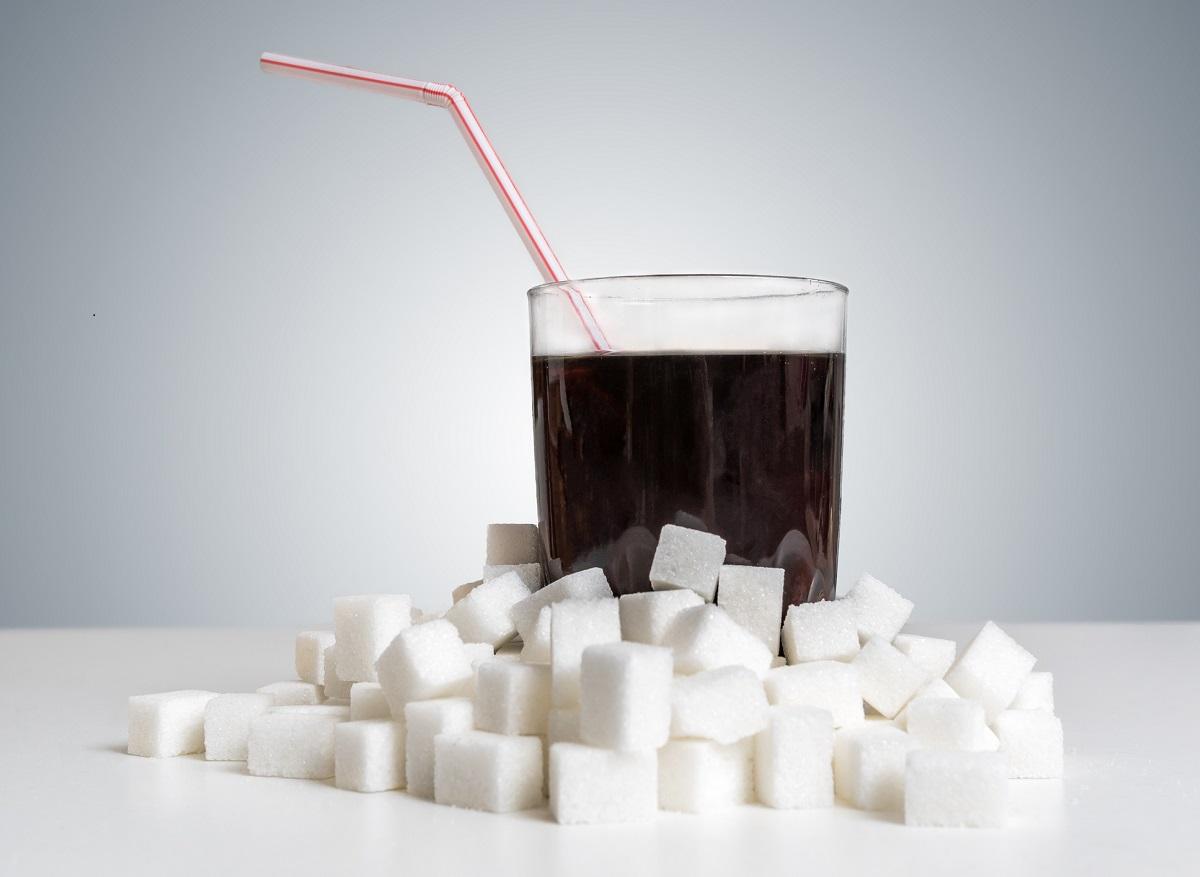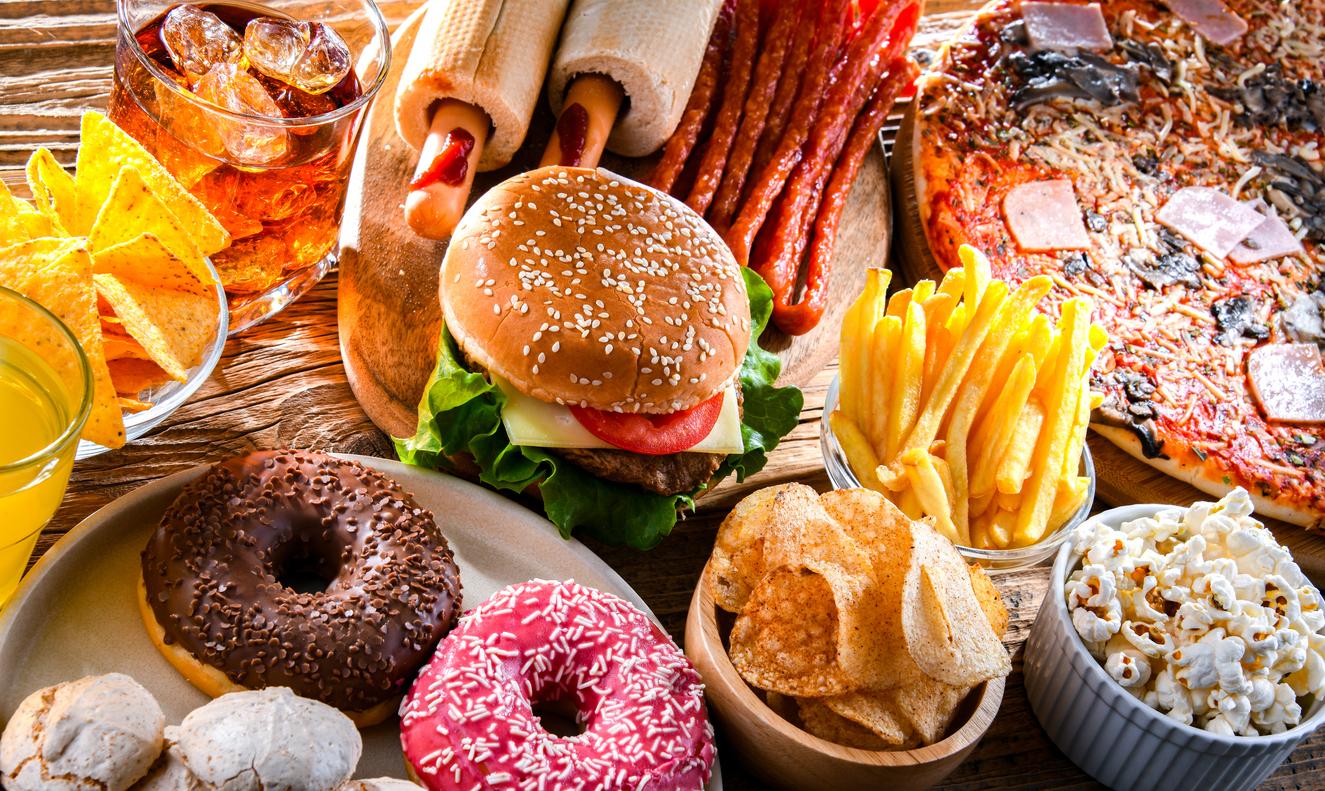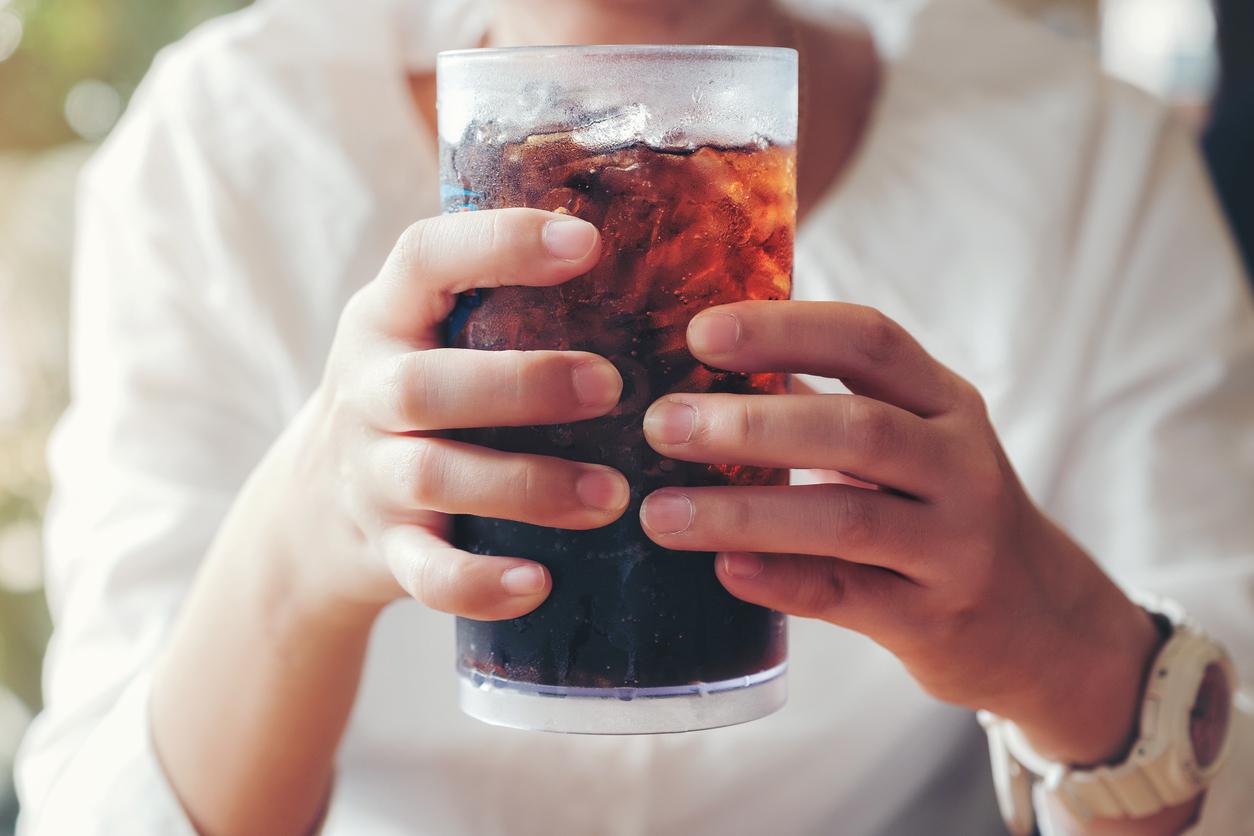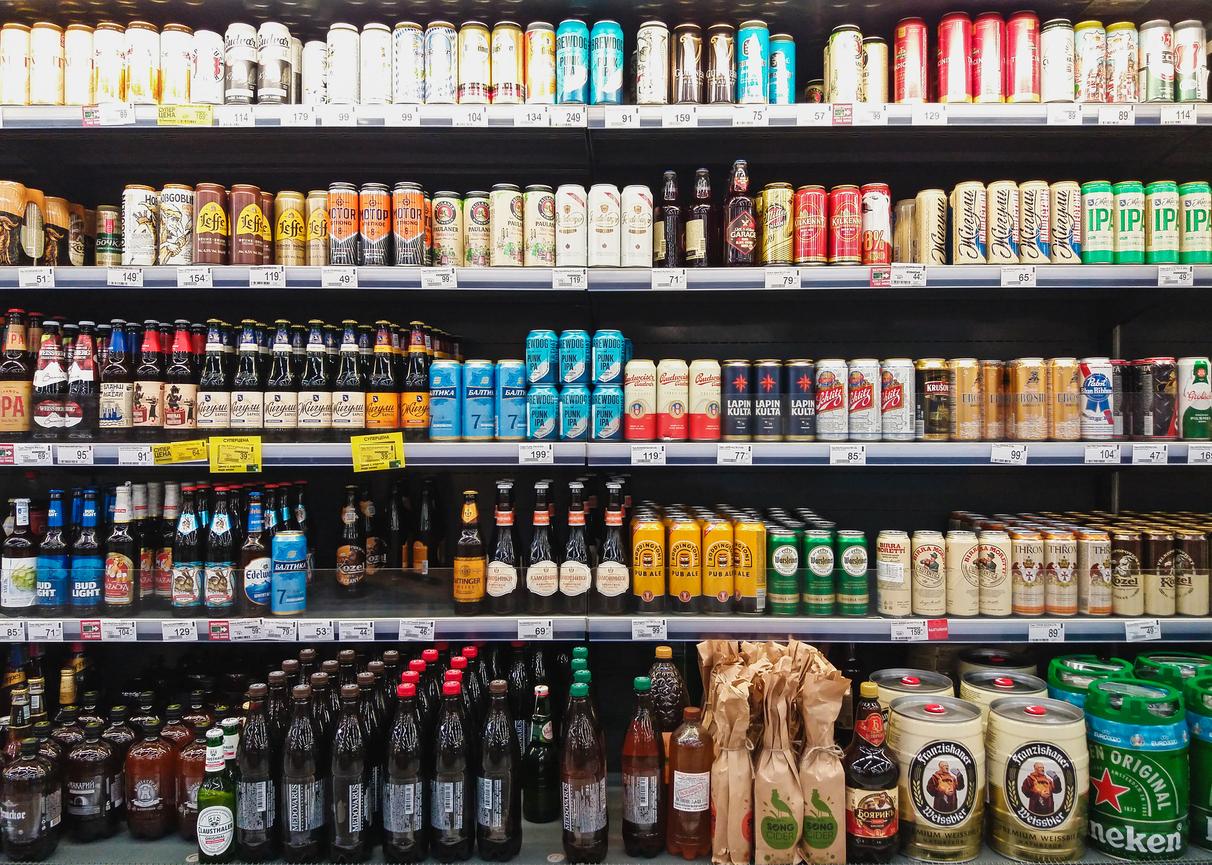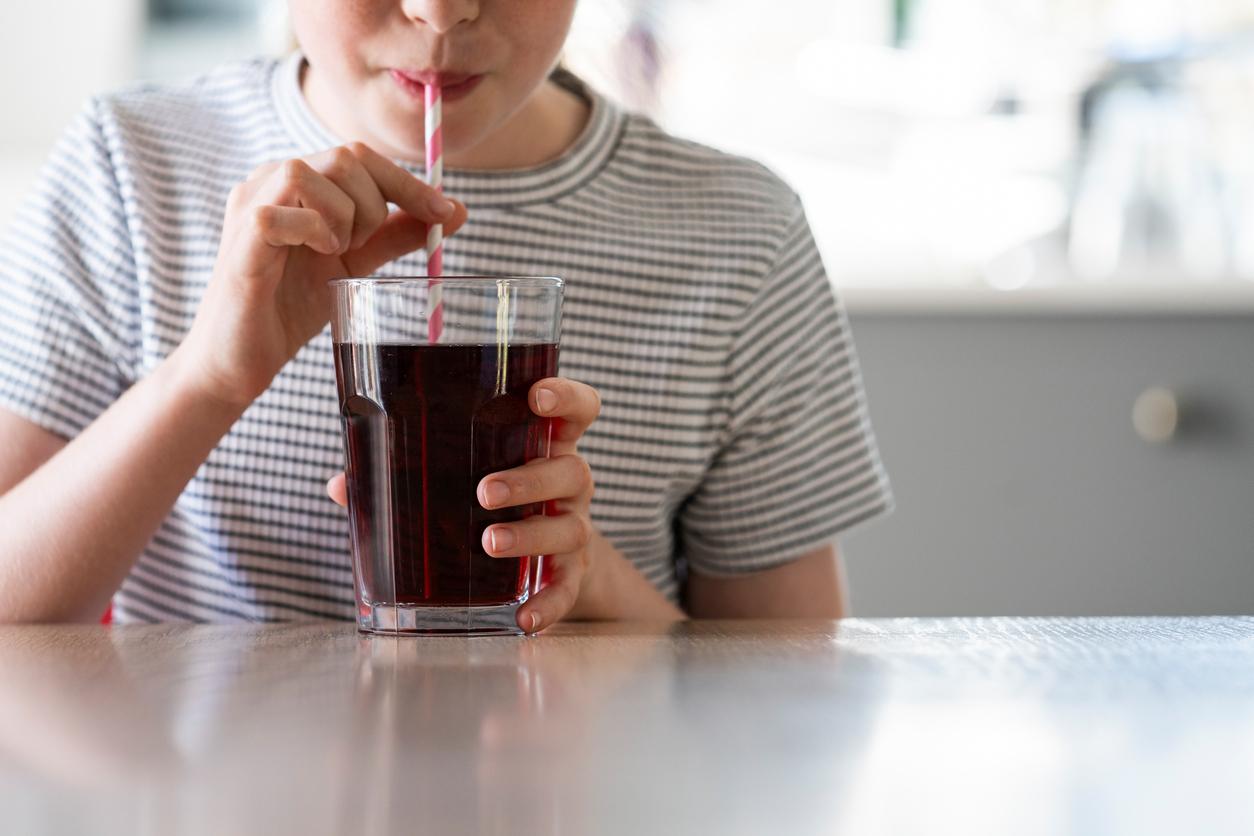A glass of soda provides the equivalent of about 6 sugar cubes. Which is enough to banish them permanently. There remains the debate on “light” sodas… Theoretically sugar-free but not necessarily clear of all suspicion. Medicine is slow to take a position. They will be said to be in “supervised consumption”!

Sugar is the “fuel” of our muscles. Without it, man would be motionless! But it is stored very poorly and in very small quantities: after a few minutes of effort, there is no more available. On the other hand, it knows how to store itself very quickly, but in the form of fat.
Nature has given us the spontaneous taste of sweetness; you have noticed that in case of cravings, we rarely want to eat broccoli.
Sugars that also cause an immediate reaction of pleasure, which is probably the reason why they are often abused. But alas, the body knows how to put sugar in reserve, in a form that is difficult to retransform, so that the body is in constant search of this brilliant fuel in large quantities in nature during periods of opulence. This reserve of sugar is called fat! We always forget this evidence of physiology: fat is only a reserve of sugar!
So, how to limit the consumption of sodas?
If you like to end your meals on a sweet note, prefer to take a fruit.
Consume your dairy products without adding sugar and decorate them instead with diced fruit, compote without added sugar…
What about synthetic sweeteners?
The famous sweets! These are fake sugars – aspartame is the best known – which have a sweetening power 300 to 400 times greater than that of sugar, which explains why for an equivalent effect, their calorie intake is negligible.
The performance is impressive for so-called “light” drinks: one liter of cola, whatever its brand, provides 100 grams of sugar. Its light version, nothing at all.
Safe ?
It is also an area for which the most contradictory studies are almost daily.
The weight of the lobbies does not help clarity.
Health authorities now believe that these products are not dangerous, yet diabetes specialists believe that they are paving the way for this disease… Diabetology congresses provide increasingly precise information on their role in the occurrence of the disease without, however, leading to their eviction.
It is also true that sweeteners do not allow you to “wean yourself off” from the sweet taste and can thus contribute to maintaining, in your body, the predilection for the sweet taste and therefore make relapse likely at any time.
But from all this does not come a precise medical recommendation.
So, we can choose, in this area, a pragmatic attitude: not to use them, but when it is too difficult, for example with drinks, to consume them, without too many ulterior motives.
Just weaning time…
Doctor Jean-Francois Lemoine
Subscribe to the chronicles of Dr Lemoine
@DrLemoine
.



